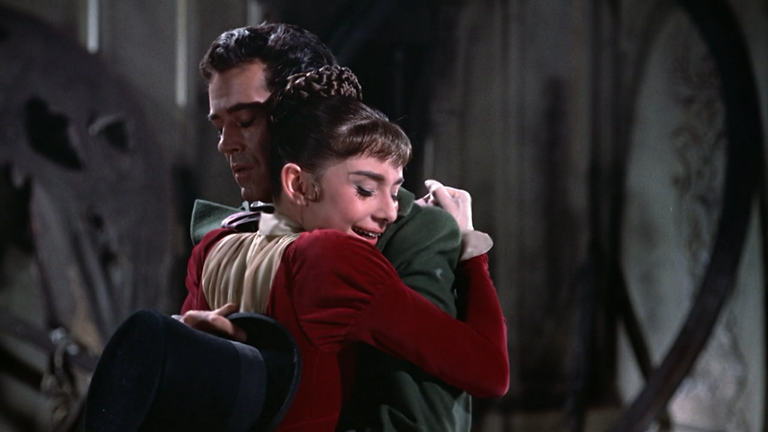Friday
I spent yesterday in Atlanta with my two granddaughters, providing a little relief for my son and daughter-in-law as they apply for jobs in academia while he, in addition, teaches a full course load of composition classes at Georgia Tech and puts the finishing touches on his dissertation. Yet despite how crazy their lives are at present—did I mention that one-year-old Etta is making sure that her parents never get a full night’s rest?—they are a very happy family.
Would Tolstoy say that they are happy like every other happy family? I don’t think so and, now that I’ve read War and Peace, I’m not sure that Tolstoy himself agrees with his famous opening for Anna Karenina.
In case you need a reminder, here it is:
Happy families are all alike; every unhappy family is unhappy in its own way.
It’s certainly true that Anna’s unhappy life is full of drama. But I was struck, as I completed War and Peace last week, that (1) the first epilogue concludes with depictions of happy families, (2) each of the happy families is happy in its own way, and (3) I found the happy families more interesting than Anna’s unhappy one. Indeed, I wanted the family scenes to go on and on, even though I had already read a thousand pages.
I wondered about this afterwards and have a couple of theories why the family scenes are compelling. First, one gets very acquainted with individuals over the course of so long a book and therefore wants details of how their lives continue on. Furthermore, after so many vividly described war scenes, which also take up hundreds of pages, one yearns for life-affirming images of healing and normalcy. These Tolstoy provides through vivid images of family life. Having watched the characters as they experience some of the worst that war has to offer, we are hungry for even the smallest details of spouses interacting with each other and with their children.
I also have a personal reason for being drawn to these scenes of family life that goes beyond good times with my granddaughters. My wife and I are spending this sabbatical semester apart, I working on my book while I live with my mother in Tennessee and she teaching childbirth classes and doing “granny care” with our grandson in Maryland. Thus I am living in fiction what I am missing in real life.
I leave you with two passages that hit particularly close to home. I love Tolstoy’s description of the special kind of communication that can develop between a husband and a wife. This doesn’t entirely describe my interchanges with Julia but I see resemblances:
Natasha and Pierre, left alone, also began to talk as only a husband and wife can talk, that is, with extraordinary clearness and rapidity, understanding and expressing each other’s thoughts in ways contrary to all rules of logic, without premises, deductions, or conclusions, and in a quite peculiar way….
From the moment they were alone and Natasha came up to him with wide-open happy eyes, and quickly seizing his head pressed it to her bosom, saying: “Now you are all mine, mine! You won’t escape!”—from that moment this conversation began, contrary to all the laws of logic and contrary to them because quite different subjects were talked about at one and the same time. This simultaneous discussion of many topics did not prevent a clear understanding but on the contrary was the surest sign that they fully understood one another.
Just as in a dream when all is uncertain, unreasoning, and contradictory, except the feeling that guides the dream, so in this intercourse contrary to all laws of reason, the words themselves were not consecutive and clear but only the feeling that prompted them.
And then there’s how spouses can bring out the best in each other:
After seven years of marriage Pierre had the joyous and firm consciousness that he was not a bad man, and he felt this because he saw himself reflected in his wife. He felt the good and bad within himself inextricably mingled and overlapping. But only what was really good in him was reflected in his wife, all that was not quite good was rejected. And this was not the result of logical reasoning but was a direct and mysterious reflection.
If happy families operate anything like this, then it’s good that they’re all alike.


